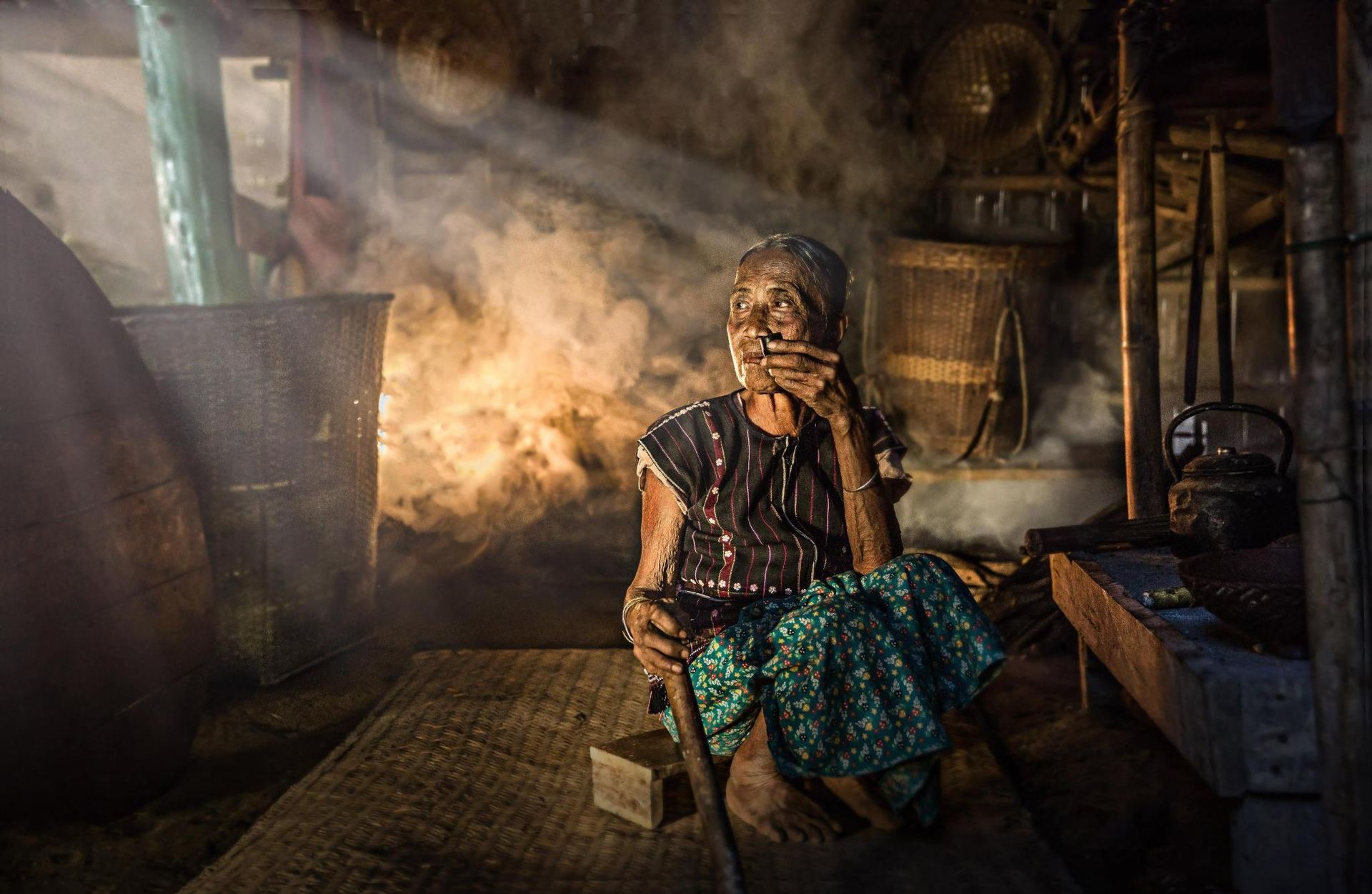© This article is an extract from Paul Hattaway's epic 656-page China’s Book of Martyrs, which profiles more than 1,000 Christian martyrs in China since AD 845, accompanied by over 500 photos. You can order this or many other China books and e-books here.
1900 - William Cooper
July 1, 1900
Baoding, Hebei
William Cooper.
William Cooper first heard the call to missionary work while reading a sermon by the famous ‘Prince of Preachers,’ Charles Spurgeon. After a stint as Secretary of the YMCA at Gourock, Scotland, Cooper arrived in China in 1881, and spent most of his 19 years of service as a friend and overseer of his fellow missionaries. For most of the time he was located in Anhui Province in eastern China. His years of service were never easy. There always seemed to be a trial or hardship that would cause Cooper to remain a humble vessel in the hands of God. In 1882 he was laid low by a bout of typhoid. After eight weeks in bed, he found his hearing was permanently impaired, although his spiritual senses remained strong.
In February 1887 he made his first visit back to England, returning to China in November the following year with a wife and child. Upon their return, Cooper was appointed Superintendent of the China Inland Mission work in Anhui Province, and in 1894 was promoted to the national leadership of the CIM, an appointment which necessitated Cooper and his family relocating to Shanghai. In May 1898 Cooper made his second trip home in 17 years. While there, tragedy struck again when he was run over by a cart and seriously injured. At the same time his wife was so ill that she was unable to visit him in the hospital.
In the autumn of 1900, just before the outbreak of the Boxer Rebellion, the Coopers returned to China, hoping for better experiences. In early summer Cooper departed Shanghai on an inspection tour of the churches and mission stations of several interior provinces. At Baoding, Hebei Province, Cooper intended to travel on to Tianjin, but was not able to leave Baoding as the fury of the Boxer rebels closed in around the town.
A few weeks prior to his martyrdom Cooper had been ministering to fellow missionaries in Shanxi Province about the likelihood that the Church in China would be called upon to suffer for Christ. On July 1, 1900, the Boxers took him to a temple in Baoding. Once there, he joined a group of more than ten fellow martyrs. Late in the afternoon they were bound and led to an execution plot outside the city walls. William Cooper was beheaded with the other Christians and their bodies dumped in a shallow grave. He left behind a grieving wife and six children.
William Cooper (left) leaving on a preaching trip with fellow martyr David Barratt, who was killed in Shanxi Province.
Copper was greatly loved and respected by his co-workers. “One of the very few blameless lives I have ever come into contact with,” declared one of his missionary friends. “He lived in an atmosphere of prayer. He literally drew breath in the fear of the Lord,” said another. One writer in the China’s Millions magazine gave this tribute to Cooper:
“The very first thing that impressed me about him was his large sympathetic nature. He seemed intuitively to enter into one’s difficulties, and in so doing in a great measure helped to sooth them away. This is a very rare quality. Some men can give sympathy and help after they know your difficulties and troubles, but Mr. Cooper seemed to divine these, and by loving words and a heart ever ready to appreciate the trials of even the youngest missionary, became endeared to all…. His presence at a station was eagerly looked for, both by natives and foreigners alike, and a fragrance of Christ was always left of his visit.”[1]

1. Ketler, The Tragedy of Paotingfu, 329-30.




